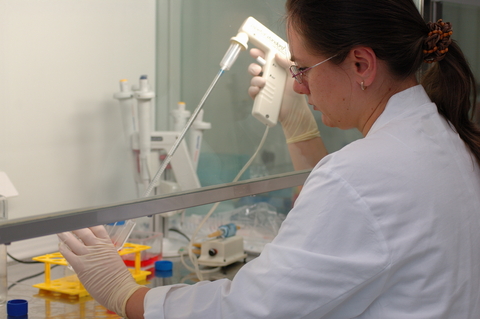Award to develop organoids to treat breast cancer

Cancer organoid bioprocessing company Cellesce and Cardiff University have won an Innovate UK competition. The award will fund a collaborative project that aims to improve research into scaling up organoids to enable the discovery of new breast cancer therapies. MediWales reports this project will build on the expertise the two teams have already established with colorectal cancer organoids.
Organoids are 3D stem cell cultures that can self-organise into “mini-organs.” They facilitate the study of tumour pathology to enable cancer drug discovery. Organoids are closer to in vivo tumours than more conventional 2D cell line cultures and can provide more relevant pharmacological responses to drugs and antibodies. By using organoids in drug discovery screening assays, scientists can identify active compounds for further progression earlier in the drug discovery process and weed out less attractive compounds before incurring higher downstream costs.
Professor Trevor Dale, from Cardiff University, said “One of the hurdles of identifying new and effective treatments is the accuracy of cell responses to the compounds you are testing, since cells in a petri dish frequently don’t behave as they would in the body. By growing cells in 3D, we can recreate much of the complexity that is seen in patients’ tumours and therefore, get a better idea of how effective new therapies will be. We use donated tumour tissue, taken from patients in hospital, to grow organoids. By growing tumours from different patients, pharmaceutical companies may be able to match specific new therapies to specific cancer types.”
Dr Mark Treherne, CEO of Cellesce, said “Cellesce is already producing patient-derived colorectal organoids on a commercial scale for research use and screening in drug discovery, by using its proprietary organoid expansion bioprocessor. 90% of early-stage compounds fail to demonstrate relevant clinical efficacy so extending the range of cancer tissues that we can provide at scale will enable more pharmaceutical companies to embrace organoid technology. We believe this will provide our customers with a more robust, relevant and cost-effective model for screening new drug compounds.”








